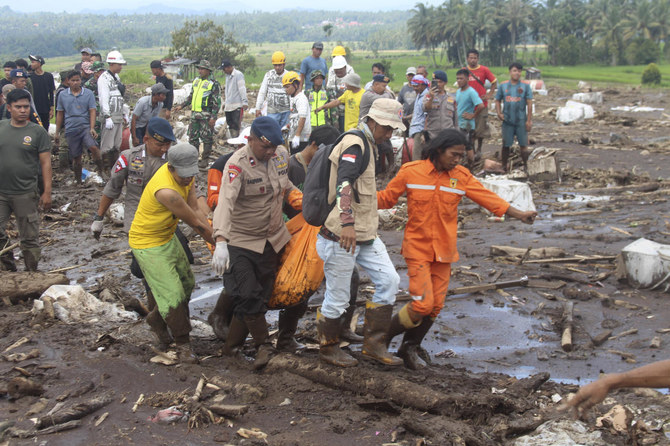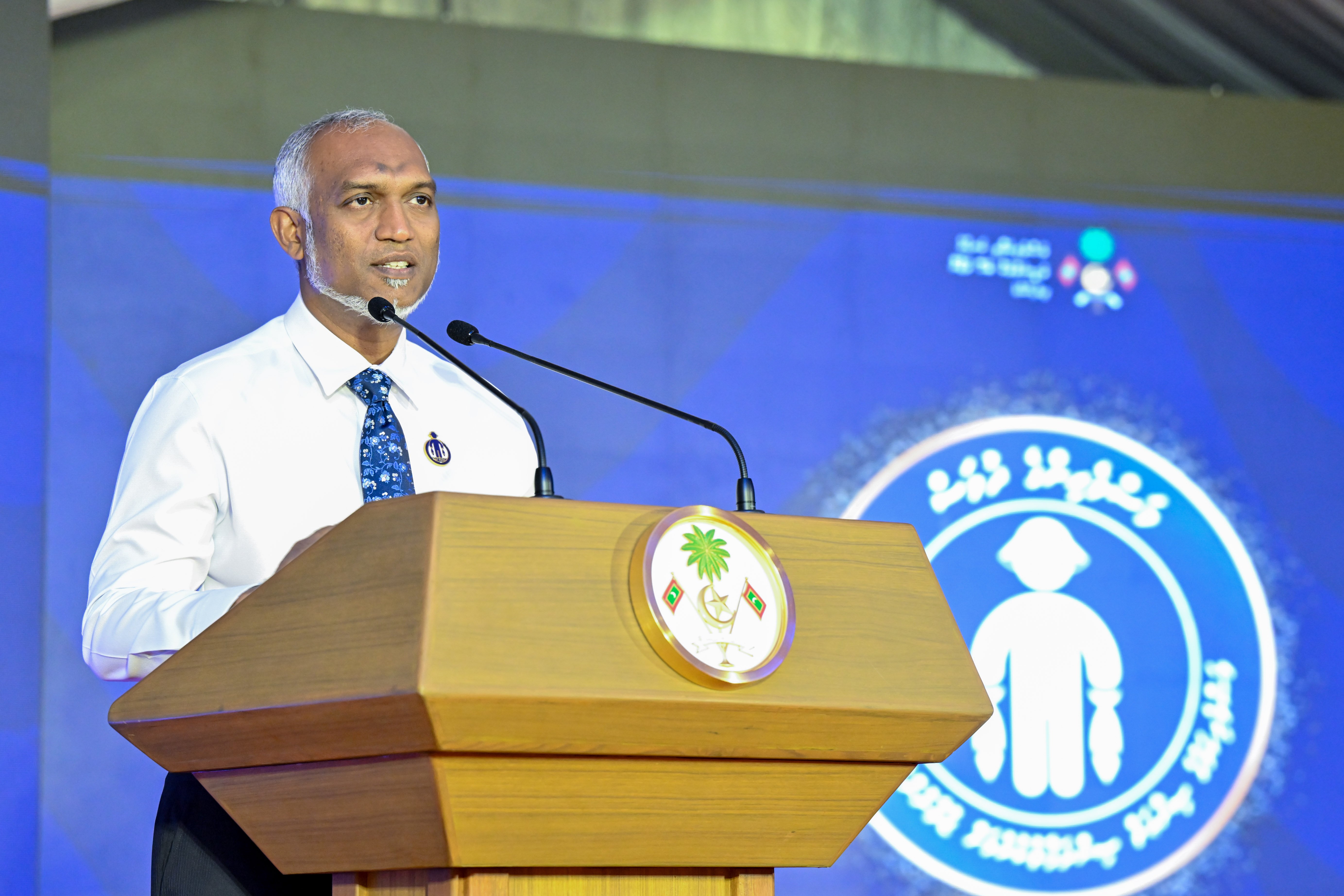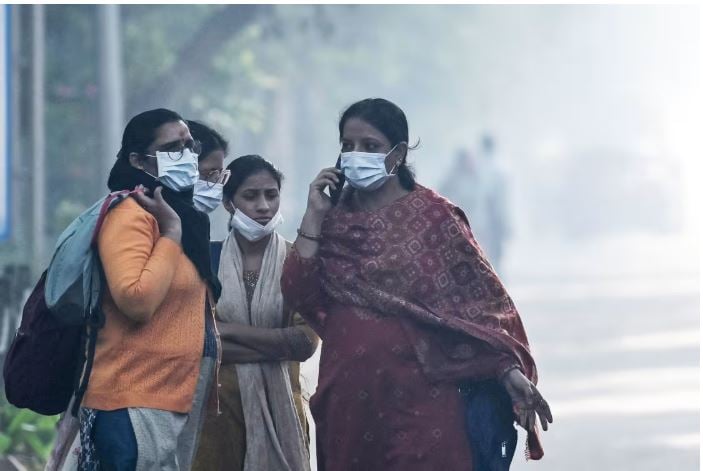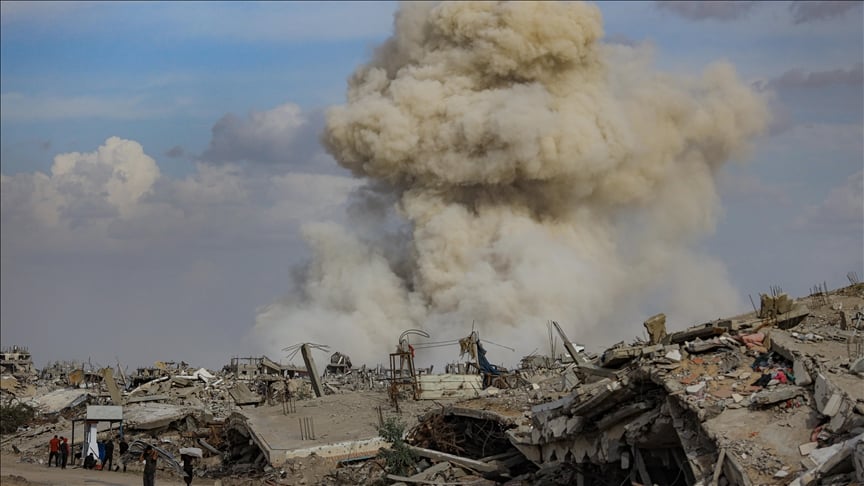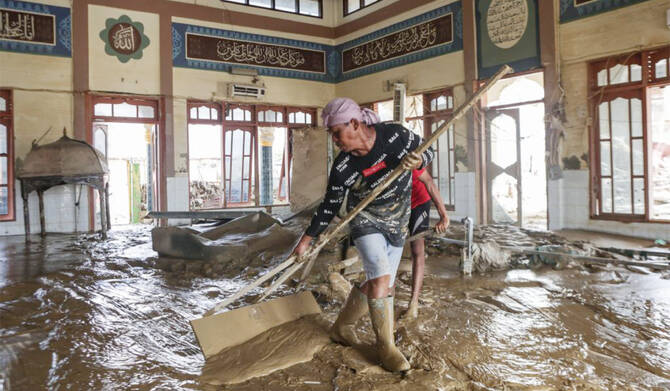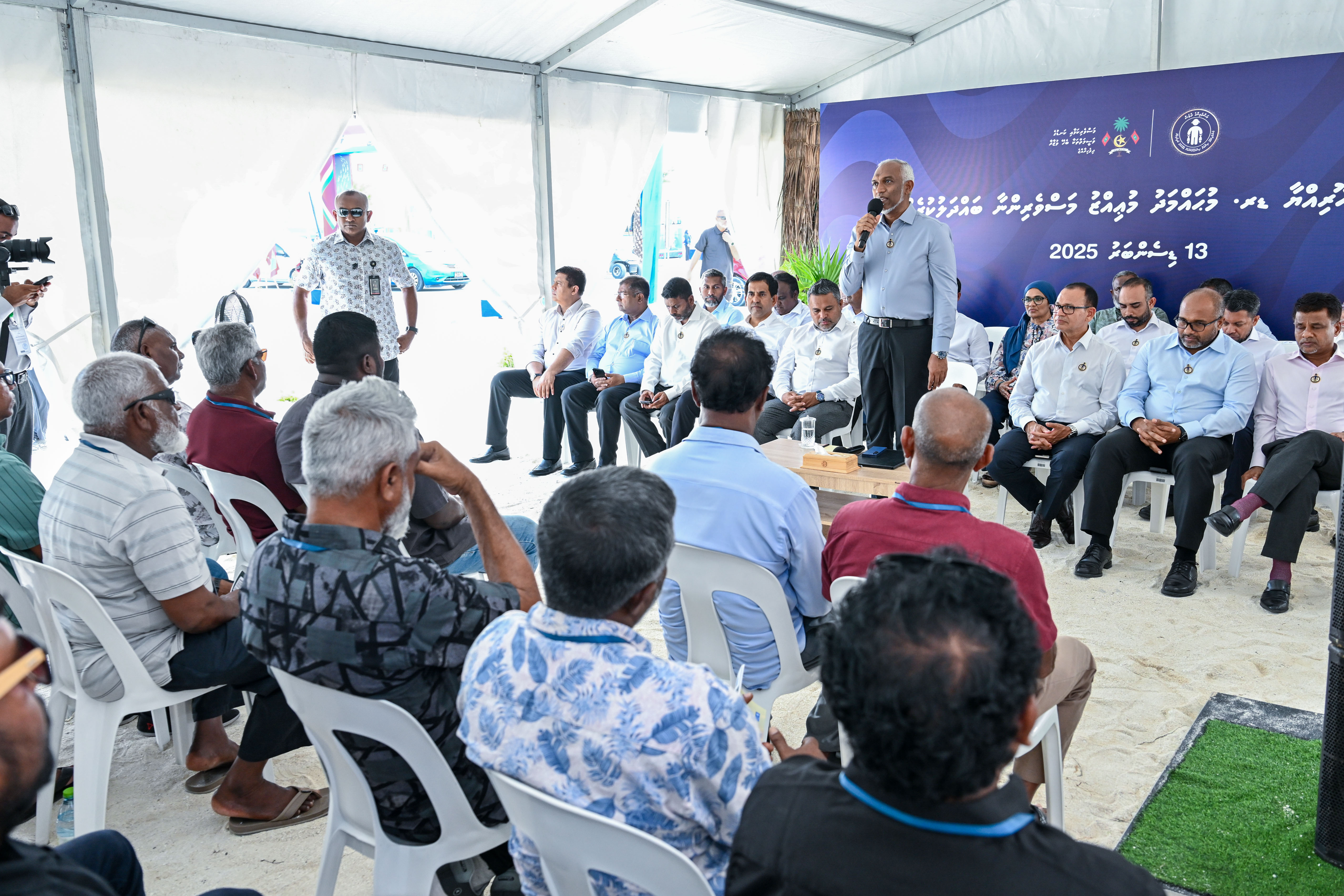Over the weekend, West Sumatra province in Indonesia was ravaged by deadly flash floods and mudslides, claiming the lives of at least 43 individuals, with 15 others still reported missing, authorities confirmed on Monday.
The catastrophe unfolded on Saturday evening when torrential rainfall triggered flash floods, landslides, and cold lava flows across three districts in West Sumatra. Abdul Malik, the chief of the provincial rescue team, revealed that the cold lava flow, composed of volcanic ash, rock debris, and water, emanated from Mount Marapi, one of Sumatra's most active volcanoes.
"The heavy rain swept materials such as ash and large rocks from the Marapi volcano," explained Abdul Malik, highlighting the severity of the situation. He further emphasized the nocturnal occurrence of such disasters, which exacerbates the challenges faced by rescue operations.
In response, approximately 400 personnel, including rescuers, police, and military personnel, were deployed on Monday to intensify search and rescue efforts. Equipped with excavators and drones, these teams are tirelessly working to locate the missing individuals amidst the debris and destruction.
According to reports from the national disaster management agency, BNPB, nearly 200 houses suffered damage, and approximately 72 hectares of land, including vital rice fields, were adversely affected by the calamity. In Agam district alone, at least 159 individuals were evacuated to nearby schools as a precautionary measure.
Footage shared by BNPB depicted the grim aftermath of the disaster, with roads submerged in mud, homes destroyed, and debris strewn across settlements. Eko Widodo, a survivor of the ordeal, described the chaos unleashed by the sudden flooding, emphasizing the uncontrollable nature of the situation.
The catastrophic events in West Sumatra underscore the vulnerability of communities to natural disasters in Indonesia and highlight the urgent need for enhanced disaster preparedness and mitigation measures. As rescue efforts continue, authorities are urging vigilance and cooperation from the public to navigate through this challenging period of recovery and rebuilding.
The catastrophe unfolded on Saturday evening when torrential rainfall triggered flash floods, landslides, and cold lava flows across three districts in West Sumatra. Abdul Malik, the chief of the provincial rescue team, revealed that the cold lava flow, composed of volcanic ash, rock debris, and water, emanated from Mount Marapi, one of Sumatra's most active volcanoes.
"The heavy rain swept materials such as ash and large rocks from the Marapi volcano," explained Abdul Malik, highlighting the severity of the situation. He further emphasized the nocturnal occurrence of such disasters, which exacerbates the challenges faced by rescue operations.
In response, approximately 400 personnel, including rescuers, police, and military personnel, were deployed on Monday to intensify search and rescue efforts. Equipped with excavators and drones, these teams are tirelessly working to locate the missing individuals amidst the debris and destruction.
According to reports from the national disaster management agency, BNPB, nearly 200 houses suffered damage, and approximately 72 hectares of land, including vital rice fields, were adversely affected by the calamity. In Agam district alone, at least 159 individuals were evacuated to nearby schools as a precautionary measure.
Footage shared by BNPB depicted the grim aftermath of the disaster, with roads submerged in mud, homes destroyed, and debris strewn across settlements. Eko Widodo, a survivor of the ordeal, described the chaos unleashed by the sudden flooding, emphasizing the uncontrollable nature of the situation.
The catastrophic events in West Sumatra underscore the vulnerability of communities to natural disasters in Indonesia and highlight the urgent need for enhanced disaster preparedness and mitigation measures. As rescue efforts continue, authorities are urging vigilance and cooperation from the public to navigate through this challenging period of recovery and rebuilding.





